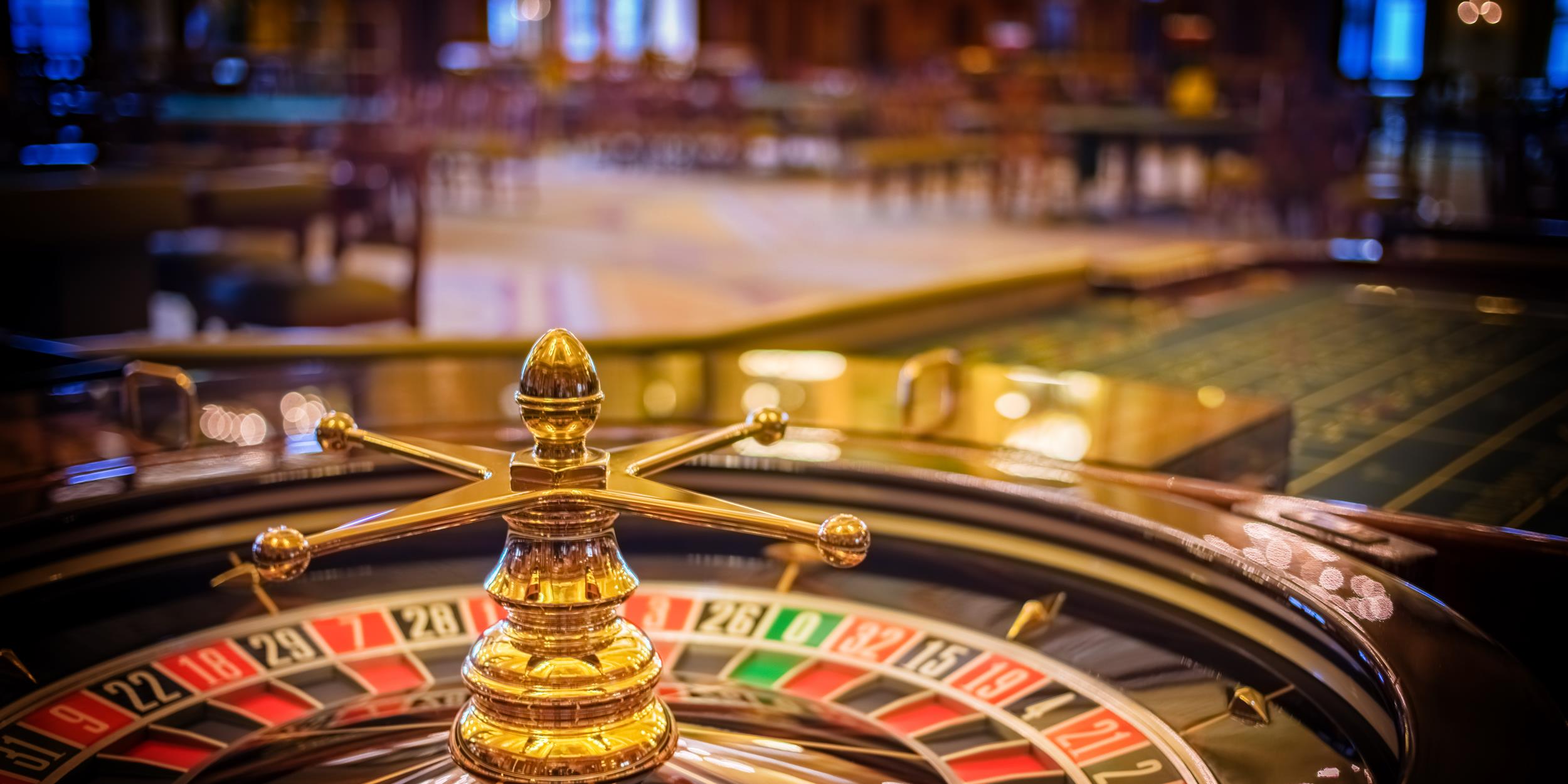
In the world of gambling, where chance and strategy converge, a unique tapestry of beliefs emerges—one that intertwines luck, fate, and the enigmatic nature of casino games. Casinos, bustling with excitement and anticipation, are not just places for placing bets; they are also arenas where superstitions thrive. From the novice player to the seasoned gambler, these mysterious practices often shape how individuals approach the games they play, holding the belief that their actions can influence the outcome in ways that go beyond mere probability.
As players gather around roulette wheels, blackjack tables, and slot machines, the atmosphere is thick with stories of lucky charms, rituals, and codified behavior that defy logic yet provide a sense of comfort. Whether it’s wearing a specific outfit, following a particular sequence of bets, or even avoiding certain numbers, the attachment to various superstitions reflects a deep-rooted desire to manipulate the uncontrollable. This article delves into the captivating world of casino game superstitions, investigating the beliefs that simultaneously entertain and mystify those who dare to play.
Cultural Origins of Superstitions
Betting games have long been interwoven with an array of superstitions that go back to ancient societies. The origins of these beliefs can be linked to humanity’s intrinsic need to manage the random outcomes related with fortune and uncertainty. In primitive civilizations, activities of uncertainty were often connected to religious practices. Gamblers would seek favor or ask for favor from deities, believing that their actions could influence the outcomes in their favor. This foundation laid the foundation for the myriad of superstitions that proliferated as gambling evolved over ages.
During the Middle Ages, gambling became a common activity across the continent, and with it, a colorful tapestry of superstitions appeared. Participants adopted various rituals and charms, believing they could affect the consequences of games. The value of digits, in particular, began to manifest in superstitions pertaining to card games and dice. The number seven was often considered auspicious, while different numbers carried bad connotations. These ideas mirrored the societal contexts of the time, adapting as they moved through generations and changed to emerging gaming environments.
As gaming establishments appeared in the 1600s, particularly in Italy and the French nation, the atmosphere surrounding gambling became steeped in enigma. The growing accessibility of casino activities allowed for the spread and variation of superstitions among players. Concepts like charmed charms, specific seating arrangements, and rituals gained prominence, creating a special culture within casinos. As these customs continued to thrive, they became integral to the identity of casino games, illustrating how historical developments and society shape the belief systems that influence how players engage with chance.
Common Gambling Myths
Beliefs surrounding gambling activities are plentiful and varied, reflecting the hopes and anxieties of players as they participate in random activities. One of the most common beliefs is that certain digits bring fortune or bad luck. For example, the number seven is often seen as a lucky number, frequently embraced by players looking for a positive result. Conversely, the digit 13 is routinely considered cursed, leading many gamblers to avoid it during their gambling sessions.
A common belief relates to rituals that gamblers believe can affect their chances. Whether blowing gently on the dice before a roll, using a particular hand to place a wager, or even wearing particular items of clothing, many individuals feel that these rituals can sway luck in their benefit. These practices offer a sense of power in an otherwise unpredictable environment, strengthening the idea that fortune can be manufactured through personal beliefs and habits.
Lastly, the environment and vibe of the casino itself adds to myths. Many players suggest that the presence of specific symbols, such as four-leaved clovers or fortunate tokens, can enhance their odds of success. Additionally, players might hold to the notion that winning streaks can be interrupted by mundane events, such as a person passing by or a accident at the gaming surface. sportwetten ohne OASIS The shared environment in a casino can amplify these beliefs, creating a shared culture of superstitions that transcends individual experiences.
Impact of Superstitions on Players
Beliefs play a important role in the psychology of casino players, often influencing their actions and choices. Numerous gamblers think that luck can be manipulated through different rituals, such as donning a talisman, selecting specific colors, or steering clear of particular digits. This dependence on superstitions can create a feeling of control in an environment that is intrinsically unpredictable. Players frequently feel more confident and involved when they believe that their actions could sway the result of a game in their advantage.
The influence of these superstitions extends past individual players, affecting the overall atmosphere inside the casino. For example, a player who believes in the luck of a certain slot machine might draw a gathering, as others are fascinated by their apparent success. This collective belief can amplify excitement and create a lively environment, leading to an captivating experience even for those who may not necessarily be superstitious. The buzz around certain games can lead to increased participation and longer playing sessions, supporting the casino’s lively social scene.
In some instances, superstitions can lead to negative effects for players. Relying too heavily on rituals can result in bad gambling decisions, as some may overlook basic strategies in favor of unfounded beliefs. Additionally, the pressure to perform rituals may increase anxiety and tension, detracting from the enjoyment of the experience. Ultimately, while superstitions can enhance the thrill of playing casino games, they can also lead to foolish choices that overshadow the enjoyment and amusement intended in the casino experience.
